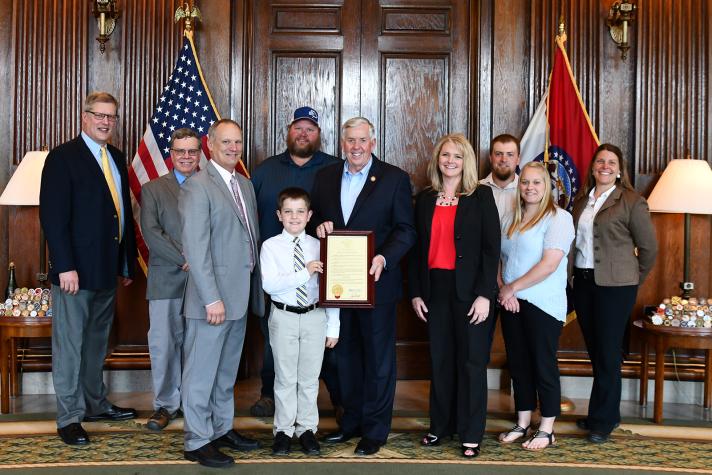

June Dairy Month proclamation
Celebrate Missouri’s dairy farmers as June is recognized for their contributions to the state’s economy and quality milk production.
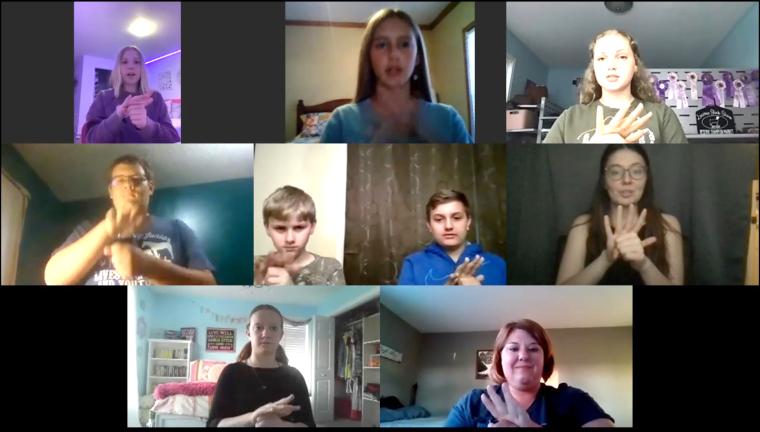
Pledging head, heart, hands and health, Missouri 4-H'ers flock to new ASL project
Missouri 4-H youths learn American Sign Language to connect with the deaf community and explore new skills and careers.
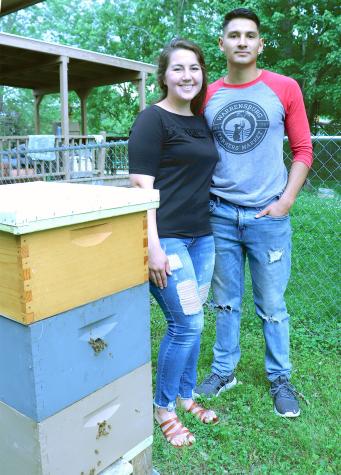
From national security to food security
Veterans develop new skills in beekeeping and business to aid their transition to civilian life, while supporting agriculture and pollination efforts.

Building a network to support next-generation manufacturing in Missouri
Missouri manufacturers and researchers collaborate through roundtables to enhance innovation, resilience, and growth in the state's manufacturing sector.
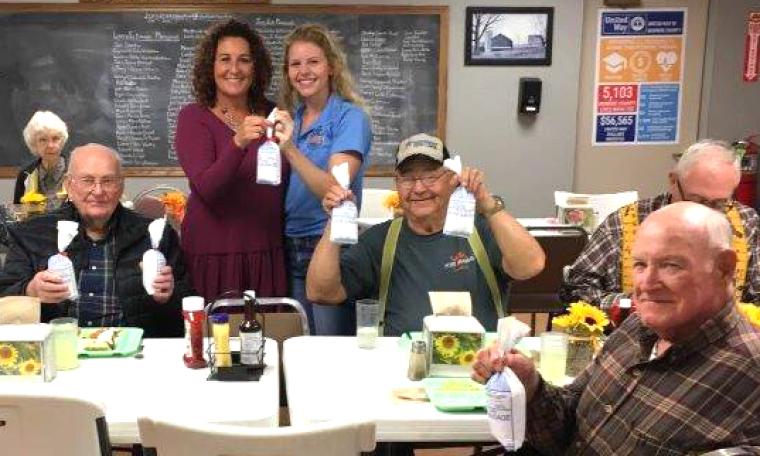
Missouri 4-H'ers can reduce food insecurity across the state
Missouri 4-H youth are helping reduce food insecurity by donating livestock to local food banks, feeding hundreds across the state. Learn how to get involved.
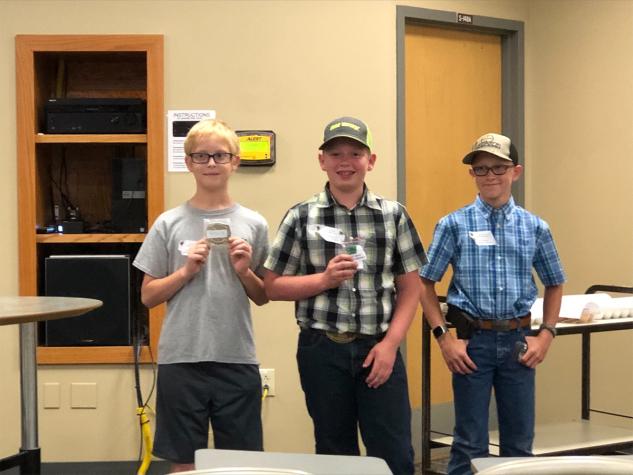
2021 Missouri 4-H State Poultry Day
COLUMBIA, Mo. – Thirty youths from around the state participated in Missouri 4-H State Poultry Day, held June 12 at the University of Missouri Animal Science Research Center.
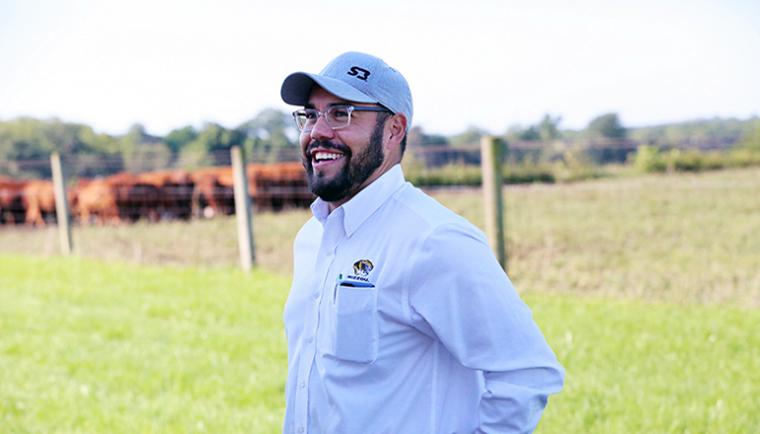
Stocker cattle could add value to your operation without breaking the bank
Explore how stocker cattle systems can boost farm revenue using pasture-based strategies with minimal input.
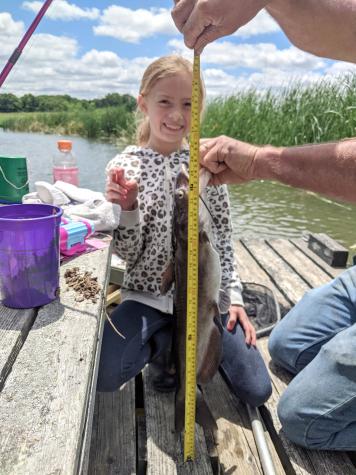
Missouri 4-H'ers net awards at 2021 Sportfishing Slam
Recognition shared by Missouri 4-H youth for outstanding catches and species diversity at the 2021 sportfishing contest.
Show-Me-Select sale at Palmyra marks 25th year
PALMYRA, Mo. – Twenty-nine buyers bought more than $305,000 worth of bred heifers in less than 60 minutes at the June 5 Show-Me-Select Replacement Heifer Program sale at F&T Livestock Auction in Palmyra.University of Missouri Extension livestock specialist Daniel Mallory said 165 heifers averaged $1,851.
Make the most from late-planted soybean
COLUMBIA, Mo. – Soggy fields, low soil temperatures and 16 cloudy days in May delayed soybean planting in Missouri.Average yield for soybean planted in the third week of June is at least 25% less than soybean planted in early May, and July plantings fare even worse, says University of Missouri Extension soybean specialist Bill Wiebold.
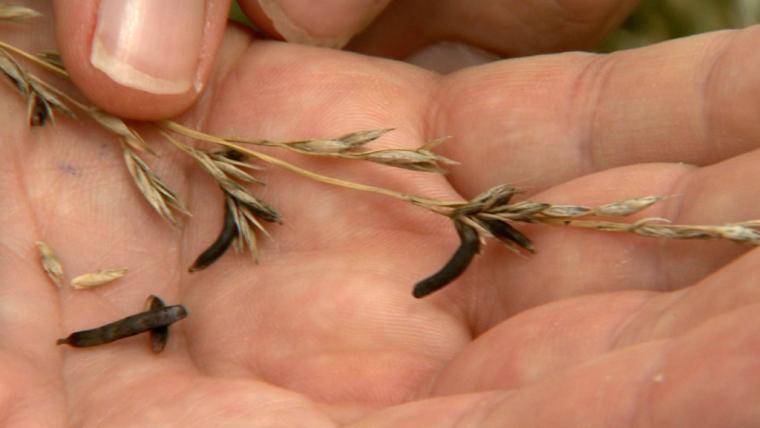
Be on lookout for ergot
COLUMBIA, Mo. – University of Missouri livestock and forage specialists are reporting ergot infestations that can cause major losses in livestock, said MU Extension state forage specialist Craig Roberts.
Rising feed prices call for cutting the fat in cow-calf operations
COLUMBIA, Mo. – University of Missouri Extension beef nutritionist Eric Bailey says beef producers can offset rising feed prices with changes in their operations. “It’s time to literally cut the fat from cow-calf operations,” says Bailey. Rising corn and soybean commodity prices are making their way downstream to feed prices, putting a pinch on profits.
Preparing Undergraduates for Agriculture and Food Research Careers: An Internship Paradigm
Abstract: The University of Missouri Integrated STEM Internship Program (MU-ISIP) is a 9-week internship experience that helps prepare undergraduates for the workforce or graduate school in four Agriculture, Food and Research Initiative (AFRI) areas:
Up to test – what does that mean?
NEVADA, Mo. – “I brought it up to test.” University of Missouri Extension agronomist Pat Miller often hears that when farmers talk about crop fertilizer applications. “I do not think it means what you think it means,” Miller says, quoting the movie “The Princess Bride.” According to Miller, people who say that usually mean that they made a one-time fertilizer application recommended by a soil test.
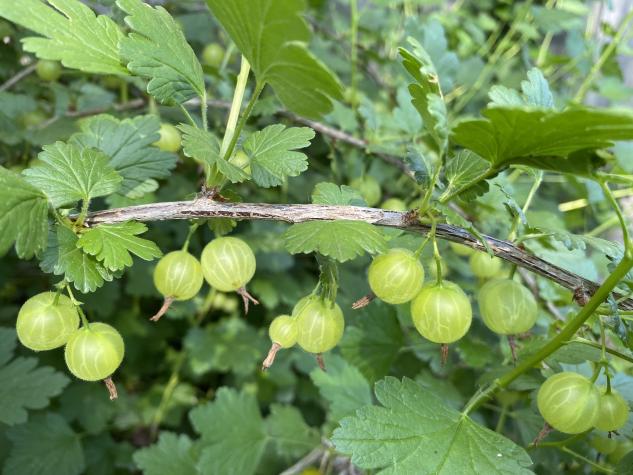
Gooseberry: Small but mighty
Discover Missouri gooseberries, a small fruit that thrives locally, perfect for pies, jams, and easy home gardening.

Healthy communities begin with healthy food
Community gardens and nutrition programs help Monroe County residents grow and access fresh, healthy food.
Buyers show confidence at Show-Me-Select heifer sales
COLUMBIA, Mo. – Spring Show-Me-Select Replacement Heifer sales saw heavy interest and strong prices, says Erin Larimore, sales coordinator for University of Missouri Extension’s Show-Me-Select Replacement Heifer Program.
Full house packs Show-Me-Select sale at Vienna
VIENNA, Mo. - The May 21 Show-Me-Select Bred Heifer Sale at South Central Regional Stockyards in Vienna, Mo., saw a full house with lively bidding.Eighteen consignors from Osage, Maries, Callaway, Gasconade, Crawford and Miller counties sold 159 heifers for $311,800, said University of Missouri Extension livestock specialist Anita Ellis.Lenny Keilholz sold the top-selling lot for $2,400 per head. Two lots were purchased online via DV…
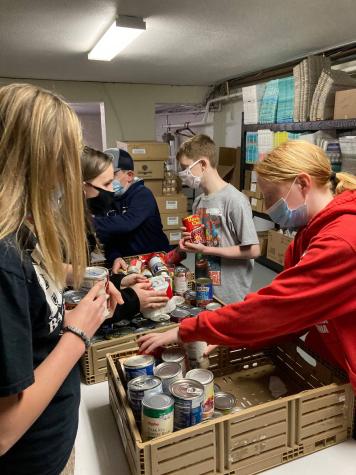
Missouri 4-H'ers reach food drive milestone
COLUMBIA, Mo. – 4-H clubs across Missouri have raised more than three quarters of a million meals to feed hungry families over the last three years.
Memorial Day offers time for delayed healing
COLUMBIA, Mo. – For five generations, the James O’Donnell Funeral Home has held the hands and hearts of grieving northeastern Missouri families as they said their goodbyes. Fifth-generation owner Jimmy O’Donnell says no time in history challenged him and other rural funeral directors more than the COVID-19 pandemic.
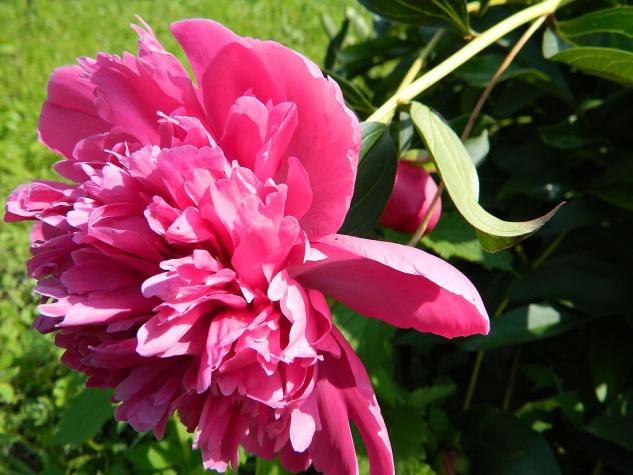
Peonies thrive on neglect, can live more than 100 years
Peonies thrive with little care, live over 100 years, resist pests, and brighten gardens with their long-lasting, fragrant blooms.
Exporting: The First Step
Earlier in this series we looked at some of the benefits and basics of exporting. In this article, we will review an important first step, how to determine if there are no export control restrictions on your product or service. Unless there is a potential military or dual military-civilian use, it is likely there will not be export restrictions on your product or service.

Missouri 4-H'ers get out and move
COLUMBIA, Mo. – Every year, hundreds of Missouri 4-H’ers, parents and volunteers commit to the pursuit of a healthy lifestyle through Missouri 4-H’s Move Across Missouri challenge.
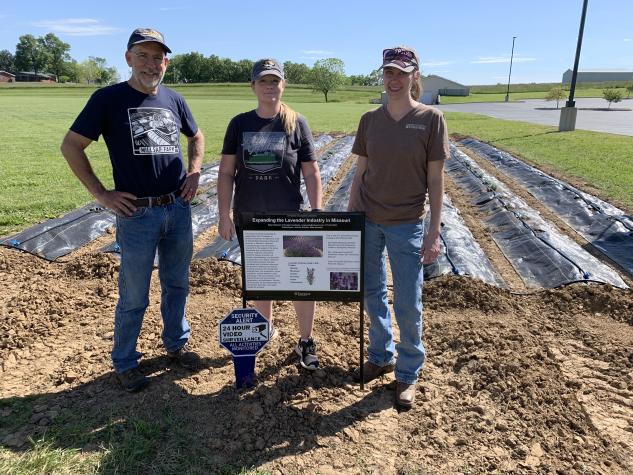
Helping growers make lavender thrive in muggy Missouri
Learn how growers can successfully cultivate lavender in Missouri’s humid summers with research-based guidance and tips.
It pays to know what your farm liability insurance covers
COLUMBIA, Mo. – Without regular policy checks, farm liability insurance might be like a hospital gown – not enough coverage where you need it most. Thoroughly read your policy regularly and check for gaps and needed updates, says University of Missouri Extension economist Ray Massey. “Planning is important, but even the best plans do not always succeed in managing risk,” he says.
